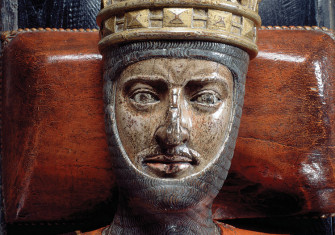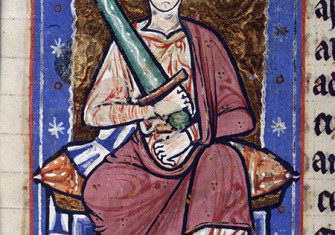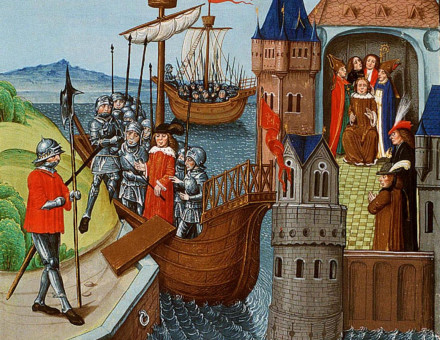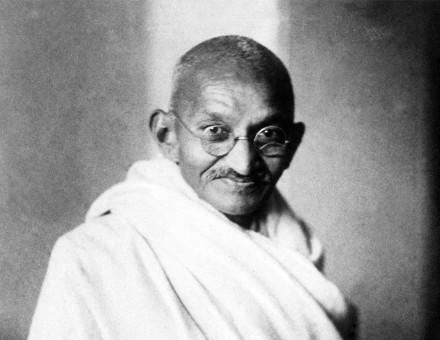Archbishop Wulfstan: England’s Forgotten Lawmaker
As Anglo-Saxon England faced conquests and apocalypse, Archbishop Wulfstan saw hope for the kingdom in a radical restructuring of society.
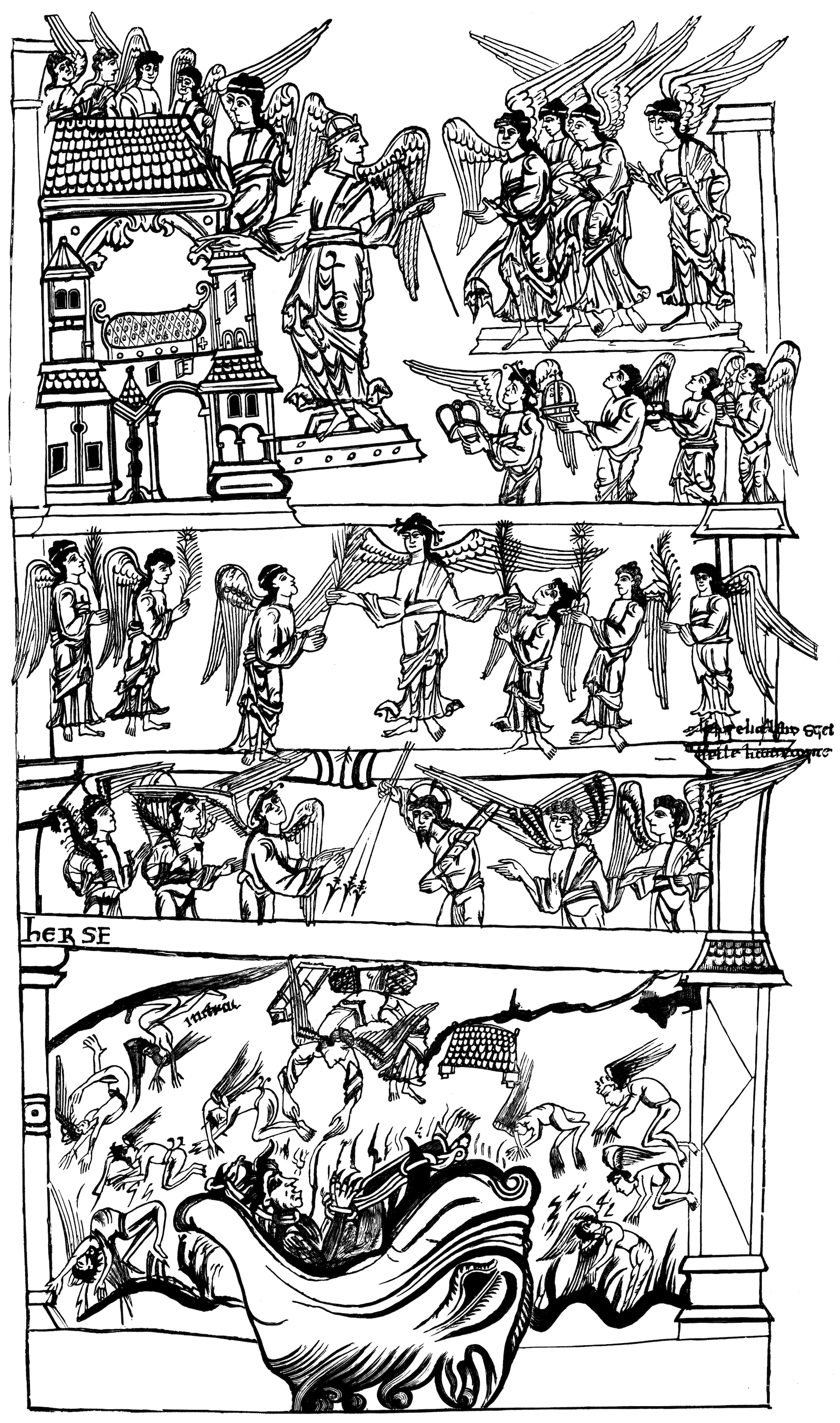
The meeting of England’s royal council at York on 16 February 1014 must have been a very glum affair. Ostensibly, its purpose was to consecrate a new bishop of London, yet none present could ignore the numerous catastrophes that had devastated the kingdom over the last ten years. Repeated invasions of England by the Danish king Swegn Forkbeard had left the people terrorised, the military defeated and the countryside ravaged. Just two years earlier, the invaders had imprisoned, tortured and ultimately executed the archbishop of Canterbury. In December 1013, Swegn formally declared himself the kingdom’s new ruler, while England’s feckless king Æthelred (famously nicknamed Unræd, ‘poorly counselled’) fled the realm for sanctuary in France. Swegn’s reign was a brief one – he died just five weeks later, shortly before the council convened – but his death offered little comfort: Æthelred remained abroad and Swegn’s son Cnut promised to be as aggressive and ambitious as his father. England was leaderless and on the verge of ruin.




